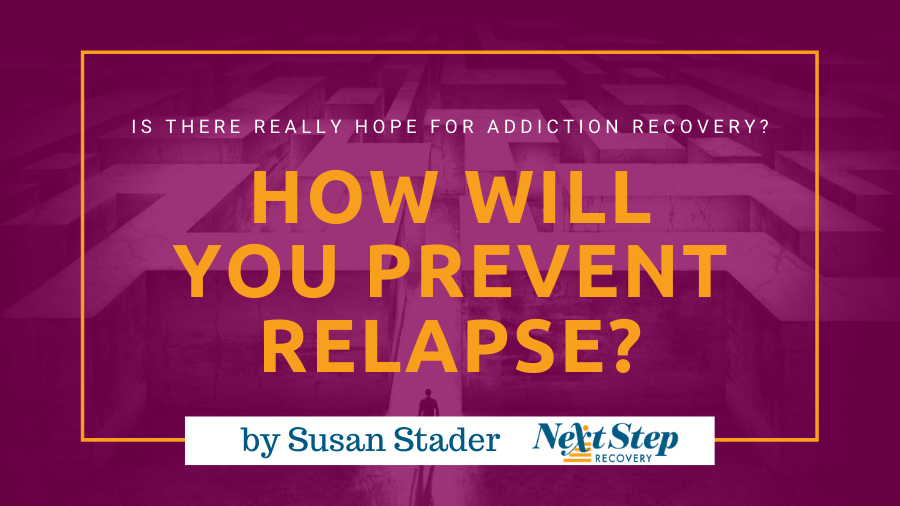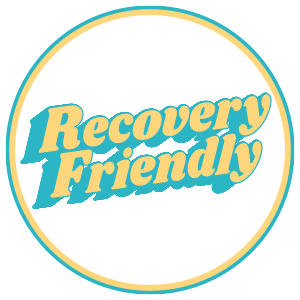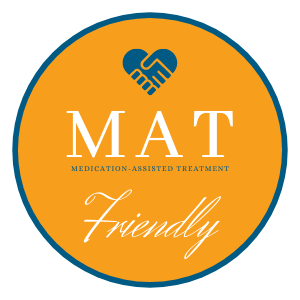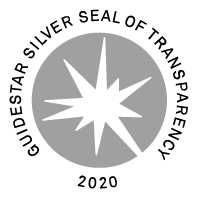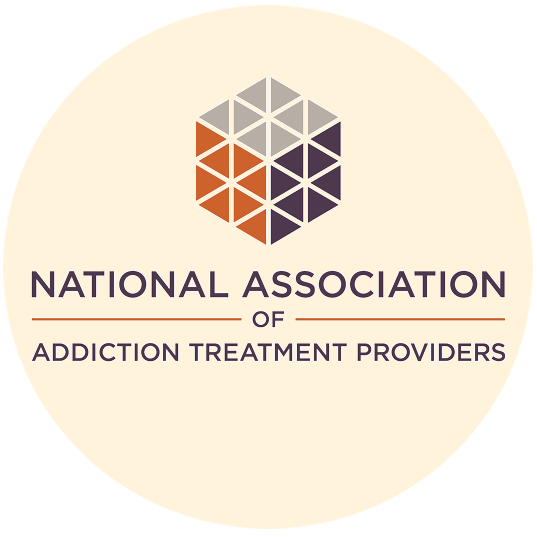Dear Friend,
I have often heard it said that relapse is a part of recovery. For many people in early recovery, this statement may be more true than not. Especially for someone who tries to stop using on his own or who spends a few weeks in a treatment program and then tries to return to “normal” life.
The problem with this approach is that “normal” is usually littered with triggers, friends who are still using, unresolved (and often intensified) stressors and no coping mechanisms to address them. What happens next?
Relapse.
I have seen this pattern time and time again. In fact, many residents relapsed more than once before coming to our sober living program for men. They discovered that a treatment program alone wasn’t enough to help them maintain sobriety. Something was missing. Experience tells me that the “something” was a lot more time and a lot more structure in early recovery.
The Power Community Support
The substances I used 30 years ago weren’t as lethal as they are today. I also had enough experience in recovery to know my lapse wasn’t an excuse to keep using. I couldn’t deny how far I’d come or forget what was at stake if I kept using. At the time, I had 3 years of sobriety under my belt, and I wasn’t willing to give up the progress I’d made while in a therapeutic boarding school, but clearly I needed more structure and support after I graduated.
My personal experience taught me how important it was to surround myself with a safe, supportive, and sober community of peers. I discovered quickly after leaving school that there was safety in numbers. I also discovered it was important to tell new friends that I didn’t drink or use drugs and to make sure they supported these choices.
Relapse happens for many reasons. In my case, I needed more structure when I transitioned out of school. I also needed to be more careful about my choice of friends. Many other things can make someone vulnerable to relapse including relationship challenges, work or financial pressures, uncomfortable emotions, and reconnecting with people, places, or things associated with prior substance use. But no matter what the trigger, structure and support are essential for navigating the urge to use again.
Structure Inspired by Experience
A long time ago, I was a teacher in a community that worked with handicapped children. It was there that I learned about Waldorf education and how unique it truly is. With that experience in mind, I followed Rudolf Steiner’s idea to arrange a different theme and counselor (teacher) for each of the three IOP days each week.
Tuesday is a process group with Dr. Sandra Newes, who incorporates a resiliency model into her psychotherapy group. Wednesday’s group is with Terry Streeter and Alex Mandikos, who pick up where Tuesday’s group ends and relate it to men’s issues and the 12 Steps. At the end of the week, Terry, Alex, or myself will work one-on-one with each IOP client to process the week and issues that arise from the week’s experiences.
Relapse Prevention at Next Step
We do many things in our program to help our residents prevent relapse. We give them time to stabilize and strengthen their recovery—6 to 18 months, ideally. We provide a supportive structure that includes daily 12-step meetings; dialectical behavior therapy; relapse prevention education; meaningful activity through work, school or volunteering; adventure therapy; mindfulness training; life skills classes; safe housing; 24/7 peer support; fellowship.
For those who need even more support, we have an in-house intensive outpatient program.
In the words of new graduate JW:
“I thought 3 months after rehab was unneeded, but after completing it, I still have a lot of work to do outside of NA for personal growth. For me personally, IOP was more beneficial than rehab.”
We offer more than most programs because we know that the first relapse could be the last with powerful drugs like fentanyl on the market. We do everything in our power to help our residents build a strong foundation that reduces their risk for both relapse and for overdose. We also give them the tools and the encouragement to build a life that is worth living.
And that, in the end, is perhaps the best relapse prevention plan there is: building a life worth living. And that may take a little time. But it is definitely time well spent.
Know someone who might benefit from this post? Please like and share this post with them. Or, if you have questions or comments, please leave them below! We’re always looking for ways to keep the conversation about recovery going. Education is one the most powerful tools we have combat addiction.


